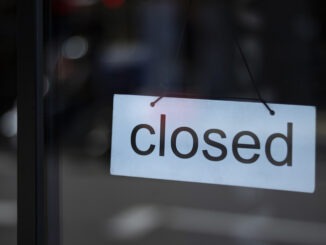
Professor Kamila Hawthorne, chair of the Royal College of GPs has responded to Labour’s report which found that 194 practices in England closed between 2018 and 2022
She said: “Closing a GP practice will be one of the most difficult decisions a GP partner can make, particularly if the reason for it is unmanageable workload or not being able to fill vacancies. It can create significant anxiety for patients, impacting the local community, as well as placing huge pressures on other practices in the area.
“Sadly, instances of practice closures are becoming all too common. Our own College data shows that more than a quarter of practices are warning they could be forced to close, with almost 90% of these citing unmanageable workload pressures as a reason. As it stands, we’re losing more GPs than we’re gaining which is having a pronounced effect on the workload of those staying in the profession and restricting our ability to offer the continuity of care that patients need.
“The loss of a GP practice in any area will have a stark impact on the community, but the effects are often felt the hardest in areas of higher deprivation, where patients often have more complex needs – especially if a closure means patients are forced to travel further to their appointments. This is not what we want to see at a time when we are trying to combat growing health inequalities.
“The recent announcement of the NHS workforce plan has been welcome news, but it will be years before we see real benefit on the frontlines of general practice. All the while, a troubling number of surgeries across the UK are facing closure which will inevitably have an impact on patient care. We need to see the foundations of the long-term workforce plan laid now, alongside significant investment for hugely improved retention initiatives which will curb the number of experienced GPs leaving the profession and reduce the workload burden that can lead to practice closures.”



Be the first to comment